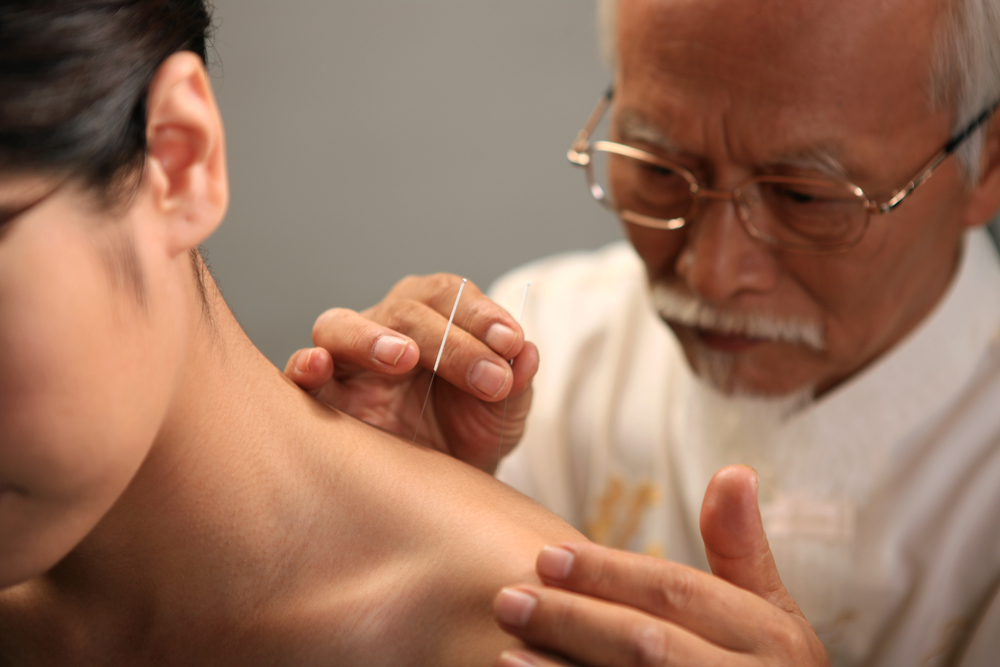Breaking
Palawan health officer says ‘nothing to fear in using alternative medicine to cure common illnesses’
PUERTO PRINCESA CITY -– Lady Mayor Jean Feliciano of the southern Palawan municipality of Brooke’s Point was suffering from sudden and repetitive cough and rhinitis when the Philippine News Agency (PNA) caught up with her at the 4th Meeting of the World Network of Island and Coastal Biosphere Reserves at a hotel in this city recently.
Holding a tissue to cover her mouth, and occasionally wiping her nose, Feliciano apologized for the current state she was in.
“This is truly the rainy season and common ailments are… well, common. It’s already cold in the morning, and drizzle did this to me,” she said, adding she should have brought Lagundi tablets with her.
In Palawan, Feliciano is among the mayors who promote the use of approved traditional and alternative medicines to her constituents who live in far-flung barangays and have no immediate access to health personnel or centers.
Lagundi (Vitex negundo), which she uses whenever she has cough and colds, is one of the 10 Department of Health (DOH)-endorsed medicinal plants to be used as herbal remedies in the Philippines under Republic Act 8423, or the Traditional and Alternative Medicine Act of 1997.
“If it’s simple cough and rhinitis brought about by the rainy season, I always go for traditional and alternative medicines like Lagundi, as it is as reliable as the prevailing drugs we’re often prescribed when we go to doctors,” Feliciano said.
Lagundi, which can be easily grown in home gardens, has leaves that can be simmered to produce tea. It is said to also cure fever, asthma and pharyngitis, diarrhea, dyspepsia, boils, and rheumatism.
“Even without the Lagundi tablets, if they have its leaves, they can boil them and then strain so they can drink the water as tea,” said Feliciano.
In her hometown, the mayor said, the municipal health office (MHO) encourages the gardening of herbal plants, and the use of traditional and alternative medicines to cure common illnesses during the rainy season.
“Yes, we promote the gardening of herbal plants that we know are approved under the law, and their use as remedies for certain ailments, like Lagundi, Sambong, Tsaang Gubat, and others,” she told the PNA.
In fact, Feliciano said the Brooke’s Point Kitchen Incubator (BPKI), a joint venture project with the Department of Science and Technology (DOST) and the Department of Trade and Industry (DTI) that aims to provide an environment for technology and entrepreneurial development for start-up micro-small-medium enterprises (MSMEs), now manufactures tea out of Tsaang Gubat.
Tsaang Gubat (Ehretia microphylla lam) is a shrub that nurtures in the wilds, and its tea derivative is widely used for its anti-bacterial benefits, and anti-inflammatory and analgesic properties.
The lady mayor swears that Lagundi is all she needs whenever suffering from cough and colds.
“I do not immediately buy drugs that are synthetic (pharmaceutical). Most of the time, I go for alternatives and traditional medicines because they reduce my risks for bad side effects, they are cheaper, and you find them almost anywhere – all you need to do is boil,” she said.
Traditional & Alternative Medicine Act of 1997
Palawan Provincial Health Office (PHO) Chief Dr. Ed Cruz said the province is cognizant of the Traditional and Alternative Medicine Act of 1997, and its implementation is strong, especially in areas where it is difficult to get immediate medical attention.
“In municipalities where there are barangays that are far from health centers and drugstores, the use of approved herbs is encouraged as remedies for common illnesses during the rainy season,” he told the PNA Friday.
In the case of Bataraza, where last year the residents had to deal with the problem of diarrhea, Cruz said the MHO in the area is encouraging the use of traditional and alternative medicines as remedies, such as the concoction from boiling fresh or dried Lagundi leaves that can help ease digestive discomfort.
“Often, common illnesses, if untreated can be the leading causes of death. If the herbal medicines can help, we are encouraging their use. But of course, we are only recommending those that have already been approved by our health authorities,” he said.
Under the Act, and the Philippine DOH’s Traditional Health Program, other approved herbal medicines are Akapulko (Cassia alata), Ampalaya (Momordica charantia), Bawang (Allium sativum), Bayabas (Psidium guajava), Niyog-niyogan (Quisqualis indica L.), Sambong (Blumea balsamifera), Ulasimang Bato/Pansit-pansitan (Peperomia pellucida), and Yerba Buena (Clinopodium douglasii).
All municipal health offices (MHOs), Cruz said, have already been alerted to intensify their campaigns for residents to take care against common illnesses, particularly diarrhea in Bataraza, dengue and malaria, cough and colds, flu, cholera, Leptospirosis, and also food and water infections.
To avoid malaria and dengue, he advised Palaweños to keep their immediate environment clean of stagnant waters, where the dengue mosquitoes could breed; allow sunlight to pass through thick undergrowth by pruning; boil water before drinking; and increase intake of Vitamin C to activate anti-bodies, among others.
“Cleanliness is very important in health,” Cruz said, adding that this rainy season, the Provincial Health Office is ready to provide technical support to the MHOs should problems arise in their areas.






















